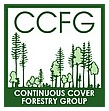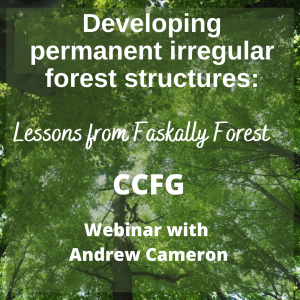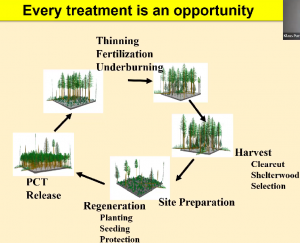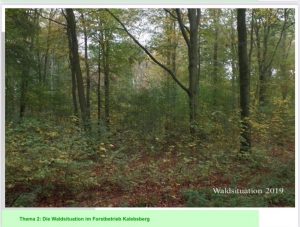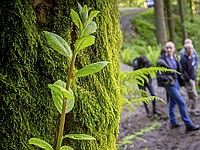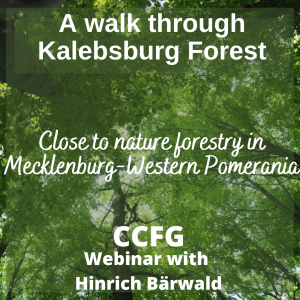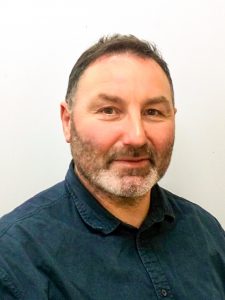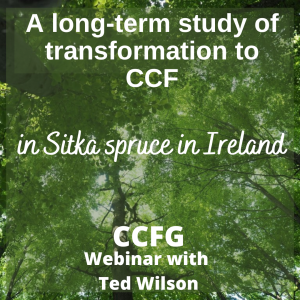Pro Silva Annual Meeting – Ireland 2023 – press release
“Transforming European forests and forest cultures in a changing world”
Foresters from across Europe will convene in Ireland this week for the 2023 Annual Meeting of Pro Silva, the organisation which promotes close-to-nature-forest management (CTNF).
Starting on 14th June, this year’s conference will be hosted by Pro Silva Ireland with support from the Government of Ireland’s Department of Agriculture, Food and the Marine. The three-day conference will focus on the theme of transforming forests and forest cultures in the rapidly changing world, highlighting the multiple benefits of CTNF for timber production and forest products, biodiversity conservation, climate adaptation, recreation and the provision of ecosystem services.
A range of forest types in County Wicklow will be visited as part of the conference, including native woodlands in Wicklow Mountains National Park, a young Sitka spruce plantation in Ballycullen undergoing transformation to a more diverse forest type, and mixed conifer forests in Cloragh and Knockrath that have been managed through CTNF for nearly 20 years. Ticknock Forest in County Dublin, a popular amenity which is being transformed to enhance its value for recreation and biodiversity will also be visited.
‘We’re at a crucial point in the evolution of sustainable forest management in Europe. Our forests are being subjected to multiple threats and challenges from the changing climate, the biodiversity crisis, increasing pests and diseases, lack of forest governance, forest abandonment, urban expansion to name just a few! Pro Silva members from 22 countries are looking forward to joining Pro Silva Ireland and the Department of Agriculture, Food and the Marine, as we strengthen our networks and share ideas on how to transform European forests in the changing world. In our 33 years of establishment, Pro Silva members are now busier than they’ve ever been! As the primary knowledge exchange hub for close-to-nature forest management, Pro Silva is now a key stakeholder in the development of forest policy in Europe, regularly working with the European Forest Institute, Forest Europe and the European Commission to help guide research, training and best practice in irregular silviculture. The increasing demands on our resources mean that we need to find ways to professionalise our organisation and maintain Pro Silva’s independent position on the promotion of close-to-nature forest management in Europe.’ Eckart Senitza, Chairman of Pro Silva.
Topics such as forest culture, research, education, training and practice will be explored by a range of speakers from UCD, Teagasc, Coillte, the Dublin Mountain Partnership and private sector foresters and ecologists with an interest in close-to-nature forest management. The conference will also host an in-forest panel discussion on the question “Can CCF serve industry, environment and people equally?”.
CTNF or continuous cover forestry (CCF) aims to retain a permanent forest cover while harvesting timber through regular thinning interventions, thus protecting forest soils, water and biodiversity. CCF aims to be both ecologically and economically sustainable as well as creating beautiful forests for people to enjoy.
Who we are
Pro Silva is a European organisation which promotes close to nature forestry and continuous cover forest systems. It was established in 1989 in Slovenia. At present there are 22 full members of the organisation and there are also several other countries with associate membership. Since 2018 we have associated members from the United States (Forest Stewards Guild, New England Forestry Foundation), from India (ForEco India), from Brazil (ACEF St. Catarina), from Kosovo (CNVP), New Zealand (Tane’s Tree Trust) and IFSA International Forest Students Association and hopefully this marks the beginning of the formation of a global network. More than 6.100 professionals and forest owners are involved in Pro Silva.
Pro Silva promotes its principles and concepts through a Europe wide program of silvicultural education involving seminars and excursions. Increasingly the members are also involved as partners in national or international research and networking projects. A European network of best practice demonstration forests is being developed.
Pro Silva Ireland is a registered charity with almost 200 members, made up of foresters, landowners, ecologists and other interested individuals. The organization regularly runs field days and training events for those interested in learning more about close to nature forestry practices.
Twitter @ProSilvaIreland
Facebook @ProSilvaIreland
For interviews contact:
Olive Leavy: prosilva2023ire@gmail.com +353-83-8855070
Jonathan Hulson (Continuous Cover Forestry Group, UK): jhulson@europe.com +44 7501657913
Images can be downloaded here:
https://www.dropbox.com/sh/1oydivqjm8ovt7l/AAAlTkmpO7gZ2PXxOlyqQEI1a?dl=0
